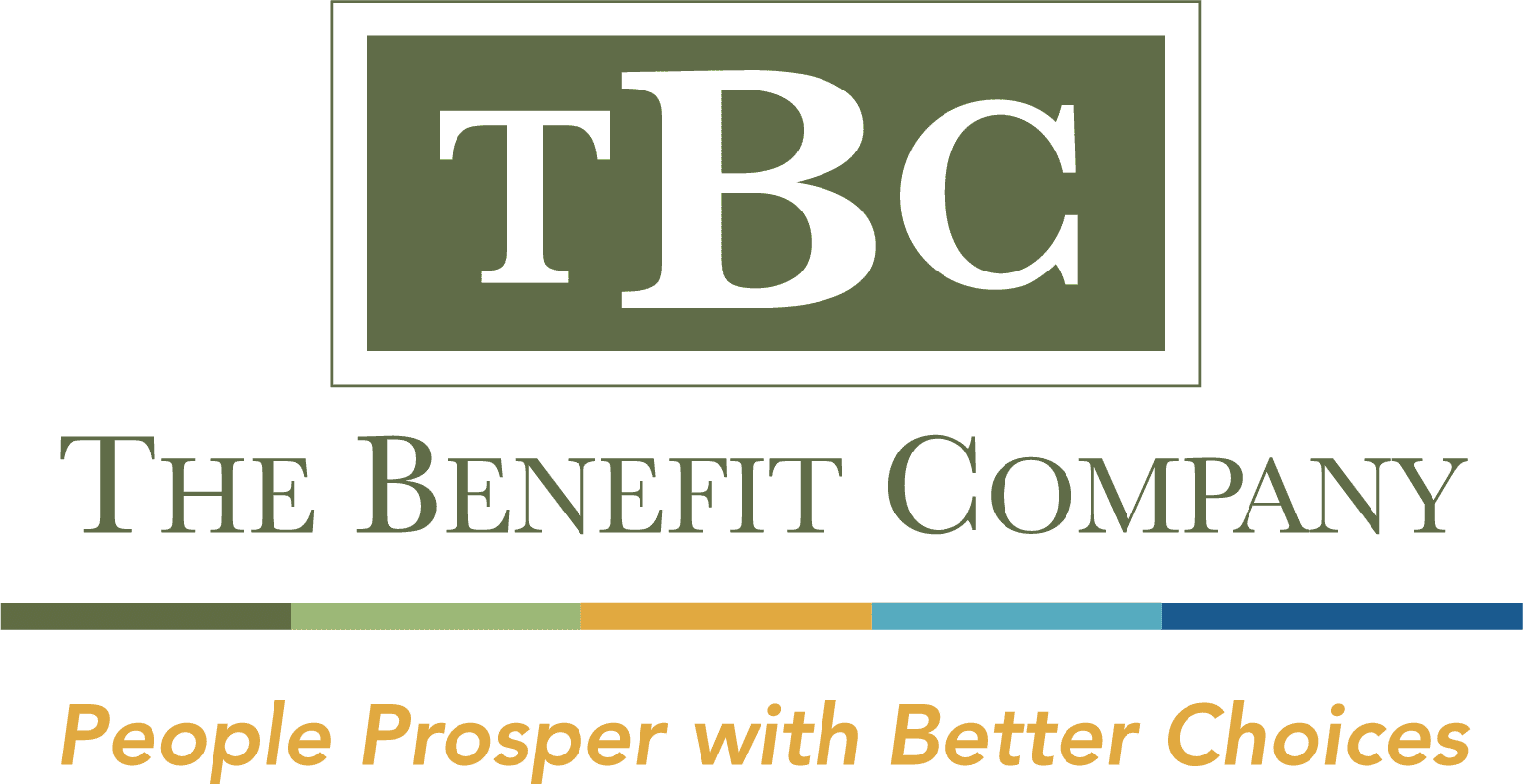“Noah didn’t wait for the rain to fall before building the Ark.”
Those words from a mentor decades ago are applicable to many of life’s challenges. His wisdom has stuck with me. Those words were some of the first thoughts that came to mind as the wave of COVID-19 began to hit our country.
The COVID-19 rain is falling and, in many cases, it is too late to build the Ark. Still, there is a sudden uptick in shipbuilding. Companies have been scrambling to set up remote access for workers. Schools are clambering around trying to figure out digital learning. And heads of households everywhere are on a scavenger hunt for Charmin. (My brother saw a pick-up on the side of the road filled, not with firewood, but TP. You could get 4 fresh rolls for a measly $10!)
The most important Ark, however, is not technology or paper products. It’s The Ark of Health—your health!
The words “underlying health conditions” have become common. Those with underlying health conditions, along with people who are age 65 and older, are at the highest risks with the virus. These conditions may include:
- Respiratory diseases such as asthma, COPD, emphysema, or bronchitis
- Heart Disease
- Kidney Disease
- Liver Disease
- Diabetes
- Neurological conditions that weaken the ability to cough
- A BMI of 40 or above
The seriousness of underlying health conditions was brought home on Sunday as Dr. Anthony Fauci, director of the National Institute and Infectious Diseases, said, “All bets are off no matter how young you are if you have an underlying, serious medical condition. You’re going to potentially get into trouble.”[i]
Many of the Underlying Health Conditions are Preventable
My daughter, who is paralyzed, is one of those who has a weakened ability to cough. She, like many who are at a higher risk, is self-quarantined with the hope of dodging the virus.
However, the reality is that many of these underlying health conditions are preventable. For legions of us, a healthier lifestyle would have built the Ark of Health that could have lowered the risk of significant impact from COVID-19.
While the floods of COVID-19 are rapidly rising, it’s still worth the effort to start building our Ark of Health now. A healthy lifestyle could better prepare us for future threats. And it could have an impact on our risks and recovery…even now.
What can we do?
There are many answers to that question, but the most critical step for building our long-term Ark of Health is to…
Maintain a Healthy Diet
Because the COVID-19 is relatively new, there is not a lot of history on this virus. However, a study was recently published in the science journal Nature Medicine of a patient who contracted the virus in China and later fell ill in Australia. Infectious Diseases Physician Dr. Irani Thevarajan stated, “We showed that even though COVID-19 is caused by a new virus, in an otherwise healthy person, a robust immune response across different cell types was associated with clinical recovery, similar to what we see in influenza.”[ii] While it is still too early to draw sweeping clinical conclusions from the pandemic, it is reasonable to suggest that a healthy immune system is both a defense and an aid to recovery. Plus, we know our diet is a critical component of our immune system.
A Poor Diet is the Gateway to Poor Immunity
Rightfully abbreviated as S.A.D., the Standard American Diet of refined sugars, high salt, saturated fat, and processed foods is leading to an increase in immune-mediated diseases. Conversely, healthy eating habits bolster the immune system and even aid in recovery.
While not all immune deficiencies can be addressed with diet[iii], our diet plays a critical role in immunity.
The Opportunity that Comes with Social Distancing
Many in my family are in the hospitality industry. These are crippling days for them. The economic effects on society will be felt deep and wide for a long period of time. However, one of the health benefits resulting from social distancing, self-quarantining, and the closing of bars and restaurants, is that our ability to eat out is drastically diminished. Nutritionists sing in one accord of the struggle to eat healthy when our food is prepared in a restaurant. The extra salt, sugar, and unhealthy condiments added to otherwise healthy vegetables are detriments to our health.
Now that we can’t eat out, we have a ready-made opportunity to use our kitchens to begin building a new Ark of Health.
What Should We Eat to Bolster Immunity?
Research and science shows that whole-foods plant-based diets are at the core of good health. As Dr. Dean Ornish writes, “Consensus is emerging that a whole-foods plant-based diet is the healthiest way of eating.”[iv]
While a predominately whole-foods plant-based diet is paramount, it is helpful to know that some of the best foods for bolstering and stimulating the immune system may include:
- Mushrooms
- Blueberries, blackberries & black raspberries
- Fish, particularly salmon and tuna
- Broccoli
- Sweet Potatoes
- Spinach
- Aged Garlic
- Ginger
- Chile Peppers
- Red Bell Peppers
- Green Tea
- Cranberry Juice
- Concord Grape Juice
- Extra Virgin Olive Oil
- Nuts, particularly almonds and walnuts
- Seeds, particularly sunflower seeds
- Pacific Oysters
- Citrus fruits and Kiwifruit
- Dark Chocolate
- Licorice (the root, not the candy)
What’s in Your Pantry?
While some of us are becoming increasingly concerned about what’s in our wallet, I ask, “What’s in your pantry?”
Think back to your shopping cart as you made last-minute preparations for social distancing and stocking your pantry. What did you purchase? Was it food to aid your immune system and overall health? If not, perhaps the first step in building your Ark of Health is to jettison the recreational sugar and processed foods, and begin a new journey of a healthy lifestyle.

Director of Population Health & Wellbeing
- Population Health
- Corporate Wellness
- Employee Wellbeing
This post is not provided as medical advice. You should consult your physician or other health care professional to determine what guidance is right for your needs
[i] https://www.nbcnews.com/politics/politics-news/fauci-u-s-looking-very-closely-severe-coronavirus-symptoms-younger-n1166026
[ii] https://www.sciencedaily.com/releases/2020/03/200317103815.htm
[iii] Dr. Wiliam W. Li. Eat to Beat Disease. P. 220
[iv] Dr. Dean Ornish, Undo It!, p. 61.
 The Benefit Company
The Benefit Company